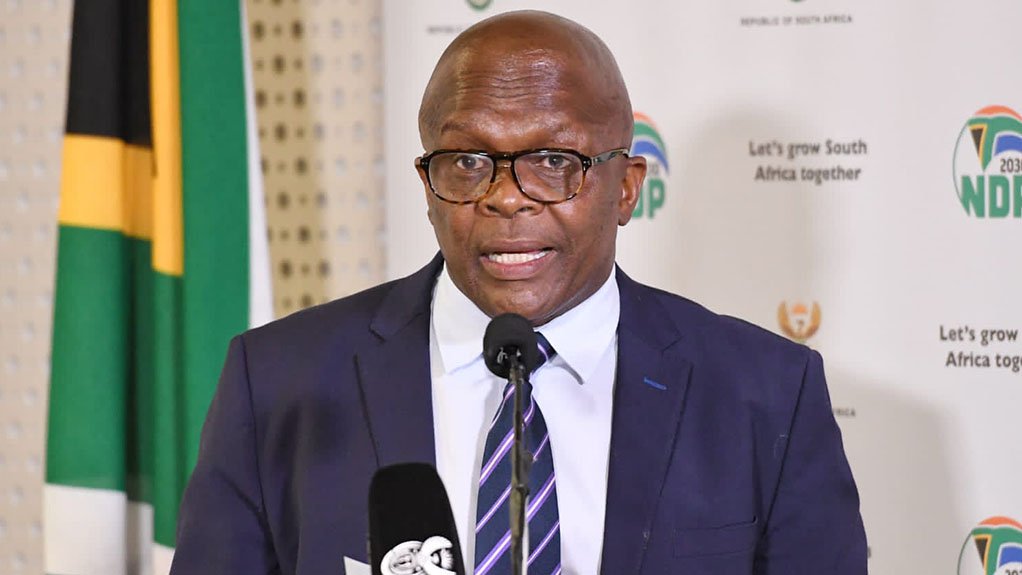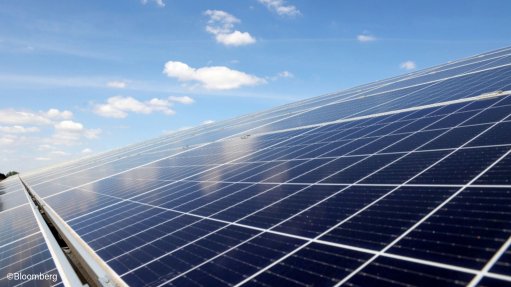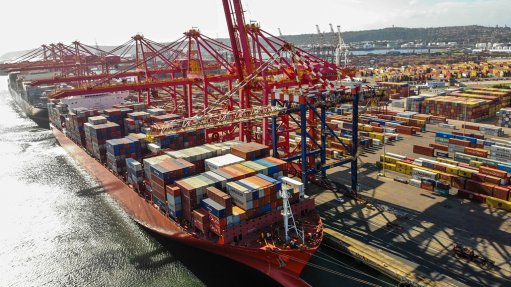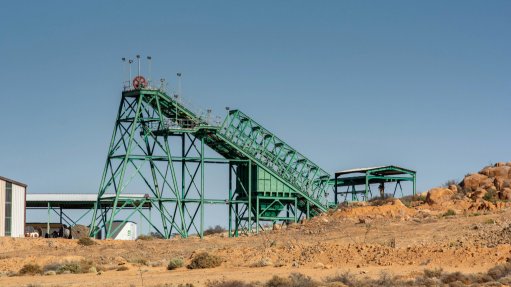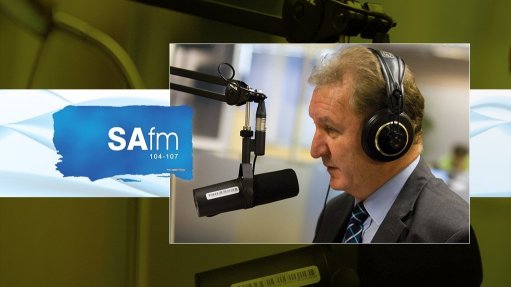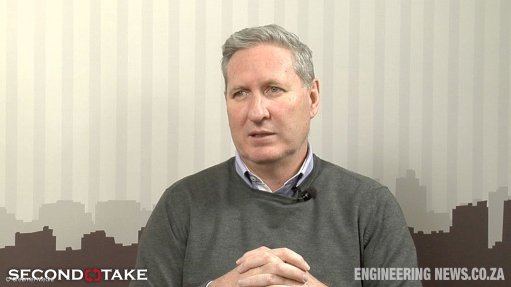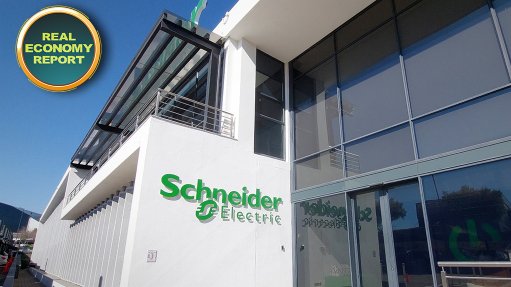DCDT to mandate R6bn broadband project led by SITA
As the Department of Communications and Digital Technologies (DCDT) works to complete its South Africa Connect (SA Connect) programme, it is mandating the State Information Technology Agency (SITA) to launch a R6-billion national broadband project.
The project, to be awarded per region, aimed to ensure that government reduced the cost of communication infrastructure from municipality up to national government level, said Communications and Digital Technologies Minister Mondli Gungubele.
The project must also ensure that designated groups, such as enterprises owned by women and youth, are empowered with at least 40% of the value of the project.
“While creating opportunities for innovative, locally-developed solutions to find traction in our market, it is important to note that, while big business plays a significant role in driving growth and innovation, we should not overlook the potential of small start-ups to be game changers in innovation,” he said during the department’s 2023/24 Budget Vote on Wednesday.
“Lessons from Silicon Valley show that new small enterprises can become the basis for new digital unicorns. Therefore, inclusion is not just a moral imperative, but it is also an economic necessity.”
This comes as the department planned to deploy 9 900 WiFi hotspots in 16 districts across the country in 2023, with ambitions of reaching 80% connectivity by 2024, for which R1.3-billion had been set aside, he said.
Through the DCDT’s SA Connect programme, 970 connected sites were maintained last year, while SITA connected 781 government sites in the Eastern Cape and Broadband Infraco connected 110 Universal Service and Access Agency of South Africa sites.
“Through our flagship programme, SA Connect, we are dedicated to bridging the digital divide by providing WiFi access to communities and ensuring universal access to the Internet,” he said, noting the instrumental role the DCDT played in facilitating the development of the SA Connect draft implementation plan.
“Our aim is to enhance connectivity to government facilities, such as schools, health facilities and government offices, with a high-speed Internet access, which enables them to serve as connectivity hubs for their users and surrounding communities,” Gungubele continued.
Meanwhile, the Minister highlighted the significant investments made in data centres and cloud service providers, which will contribute significantly to the economy by enabling efficient storage and dissemination of data, as well as access to digital solutions.
“The country has a total of 65 data centres, making us the leading African digital economy. As a department, we are committed to maximising the benefit of this investment by ensuring policy certainty through the launch of the National Cloud and Data Policy later this year.”
The policy will outline guidelines for government departments to consume cloud services appropriately while adhering to data privacy and security measures agreed upon with relevant providers.
“This will help the government to make informed decisions and choose the best cloud services in line with our requirements and standards,” said Gungubele.
Meanwhile, with spectrum the backbone that supports the connected world, the final Next Generation Spectrum Policy, the draft of which was published for public comment in September 2022, will be published in September 2023, after which the Independent Communications Authority of South Africa (Icasa) will be responsible for licensing.
The policy aims to allocate as much of the spectrum as possible to support the modernisation of the economy.
“The new set aside provision for the allocation of spectrum for women, youth and small, medium-sized and microenterprises is a game changer for this policy. It allows new entrants to participate in the economy and stimulate growth.”
Further, he pointed out that Icasa will be publishing the outcomes of the Call Termination Rate and Data Market study this financial year, which will provide more transparency and help to respond to the public outcry regarding the high cost of data in South Africa.
“We are committed to the struggle for 'data must fall',” he said.
Gungubele further discussed the progress of South Africa’s Broadcasting Digital Migration (BDM) project, which has been delayed for well over a decade.
The project comprises the migration of households to a digital television signal and switching off the analogue transmission, which will release valuable spectrum for the rollout of fifth-generation mobile networks and contribute to the reduction of the cost of data.
Despite a successful analogue switch-off in five provinces, namely the Free State, the Northern Cape, the North-West, Limpopo and Mpumalanga, and their transition to television broadcasting on a digital platform, the DCDT faces legal action from stakeholders who argue that the switch-off process should not be concluded without extensive engagement, a stance the Constitutional Court agreed with, ruling that further consultation is required.
“The department is extensively engaging with the various stakeholders and role-players to ensure broad and substantive consultations regarding the transition from analogue to digital broadcasting,” said Gungubele.
“Once this consultation process is completed, we will announce the final date for analogue switch-off in the remaining provinces (Gauteng, Western Cape, KwaZulu-Natal and the Eastern Cape), which will free up much-needed spectrum in accordance with President Cyril Ramaphosa’s directive.
“We must state that there is consensus in the sector that it is deemed necessary to conclude the BDM project.”
Comments
Press Office
Announcements
What's On
Subscribe to improve your user experience...
Option 1 (equivalent of R125 a month):
Receive a weekly copy of Creamer Media's Engineering News & Mining Weekly magazine
(print copy for those in South Africa and e-magazine for those outside of South Africa)
Receive daily email newsletters
Access to full search results
Access archive of magazine back copies
Access to Projects in Progress
Access to ONE Research Report of your choice in PDF format
Option 2 (equivalent of R375 a month):
All benefits from Option 1
PLUS
Access to Creamer Media's Research Channel Africa for ALL Research Reports, in PDF format, on various industrial and mining sectors
including Electricity; Water; Energy Transition; Hydrogen; Roads, Rail and Ports; Coal; Gold; Platinum; Battery Metals; etc.
Already a subscriber?
Forgotten your password?
Receive weekly copy of Creamer Media's Engineering News & Mining Weekly magazine (print copy for those in South Africa and e-magazine for those outside of South Africa)
➕
Recieve daily email newsletters
➕
Access to full search results
➕
Access archive of magazine back copies
➕
Access to Projects in Progress
➕
Access to ONE Research Report of your choice in PDF format
RESEARCH CHANNEL AFRICA
R4500 (equivalent of R375 a month)
SUBSCRIBEAll benefits from Option 1
➕
Access to Creamer Media's Research Channel Africa for ALL Research Reports on various industrial and mining sectors, in PDF format, including on:
Electricity
➕
Water
➕
Energy Transition
➕
Hydrogen
➕
Roads, Rail and Ports
➕
Coal
➕
Gold
➕
Platinum
➕
Battery Metals
➕
etc.
Receive all benefits from Option 1 or Option 2 delivered to numerous people at your company
➕
Multiple User names and Passwords for simultaneous log-ins
➕
Intranet integration access to all in your organisation



